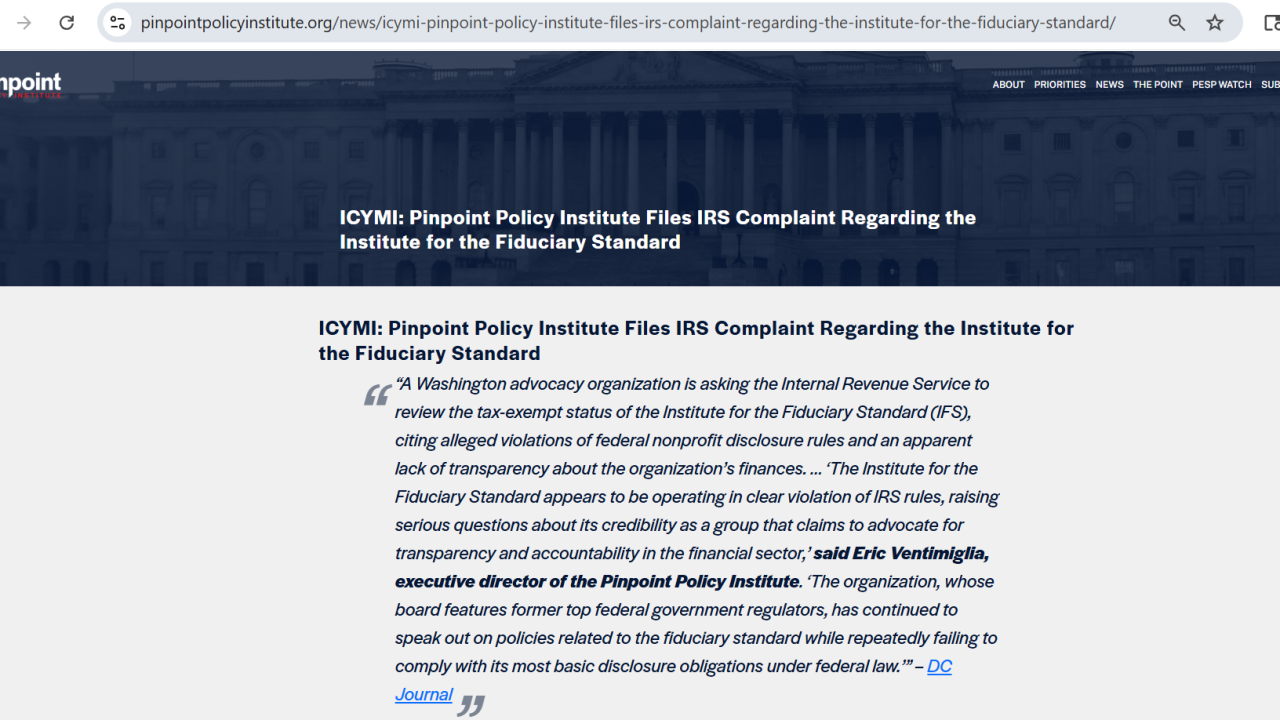The recent rollercoaster ride in the stock market is not only impacting investors, but also the U.S. IPO market in the second half of 2011, according to PwC US.
On Wednesday PwC US reported that the six out of 12 IPOs that were expected for the second week of August have been postponed.
In addition, the Standard & Poor’s Volatility Index, which is a key indicator for investors’ appetite for IPOs, reached its 2011 high of 47 on Tuesday, according to PwC, which is a sign that potential IPO companies should exercise caution. Other then when the Index shot up in March, it had been declining for over a year. PwC believes the current jump of the Index “may be cause for immediate concern,” but it still falls short of the October 2008 high of 89, when IPO activity was at an all-time low. If the Index declines throughout August and into early September, IPO activity could still recapture its prior levels of activity for 2011.
The first half of 2011 looked promising for IPOs. There were 79 completed IPOs through June 30 generating $24.3 billion in proceeds, more than double the amount raised for the first half of 2010 when there were 70 IPOs that generated $9.4 billion. Nevertheless, recent volatility about the global economic outlook may impact investor appetite for IPOs in the short term.
“At the close of the second quarter, we were optimistic that the proceeds from IPOs completed in the second half of the year would lead 2011 to eclipse the full year 2010 proceeds of $39 billion; however, disruptions in the overall market and a variety of recent macroeconomic events may present considerable challenges for companies looking to execute an IPO in the coming months,” said Henri Leveque, Leader of PwC's Capital Markets and Accounting Advisory Practice, in a press release. “The summer months, particularly August, are typically a slower time for IPO activity, so it will remain to be seen how quickly market stability and confidence returns and whether those companies waiting in the wings will move forward with their IPO plans come September.”
But PwC points out that short-term market events shouldn’t affect the process companies undertake to prepare for an IPO. “Companies that successfully execute an IPO in the coming months will have taken a long-term approach and undergone careful planning, thereby helping them to be ready to successfully navigate unforeseen market events,” concluded Leveque. “Potential issuers often underestimate the time and effort that goes into embarking on life as a public entity. No one can predict when the window will open or shut; however, companies that are well-prepared will have the flexibility needed to take advantage of market conditions and be able to access the IPO market when the timing is right.”
According to PwC, IPOs are one of the higher risk options for investments because of the limited historical track record for some companies.
“The underlying business of a potential issuer becomes more important in a difficult funding environment. Those issuers with businesses that are somewhat immune to economic downturns are more likely to be able to go to market than issuers that are heavily dependent on the consumer or general economic strength,” explained Leveque.
“We expect to see solid companies with good business fundamentals succeed despite market volatility through IPOs and other viable avenues for investment, including the private placement market, which provides another avenue to bring cash from the sidelines into the U.S. economy for jobs, research and development, investment in capital equipment, and the creation of more goods for sale and purchase by consumers or businesses," he added.





